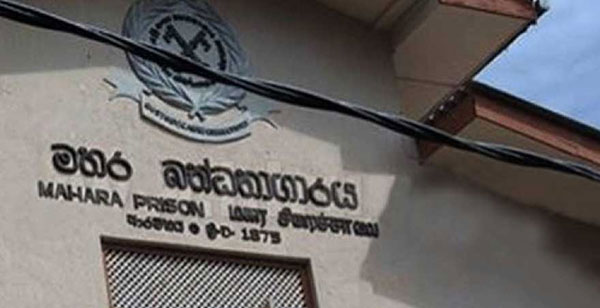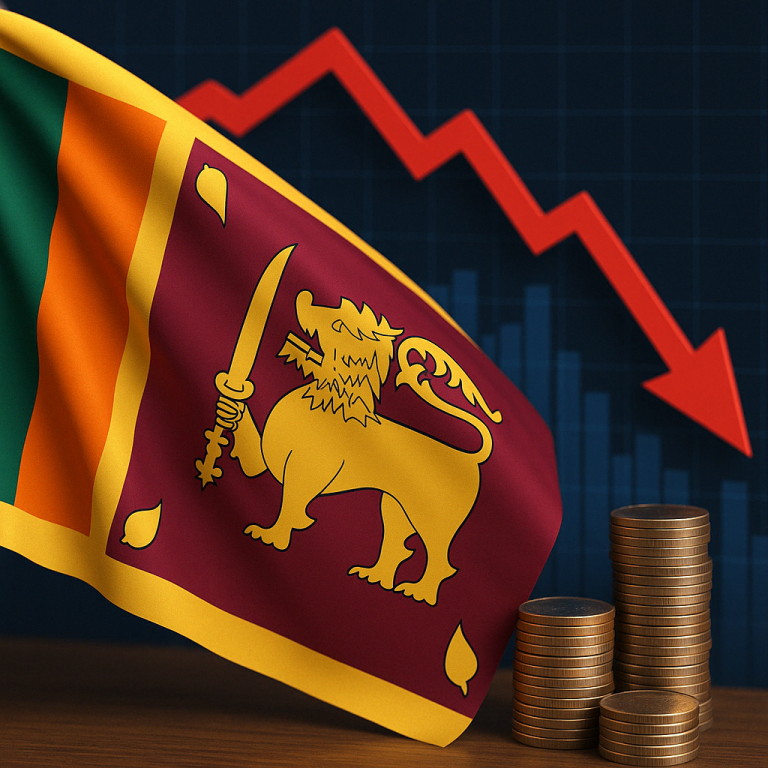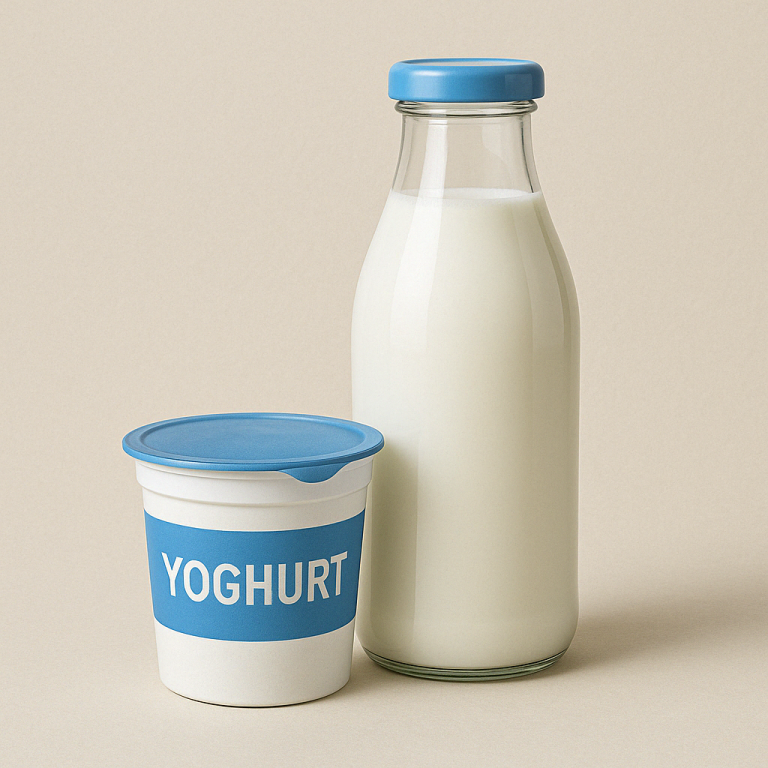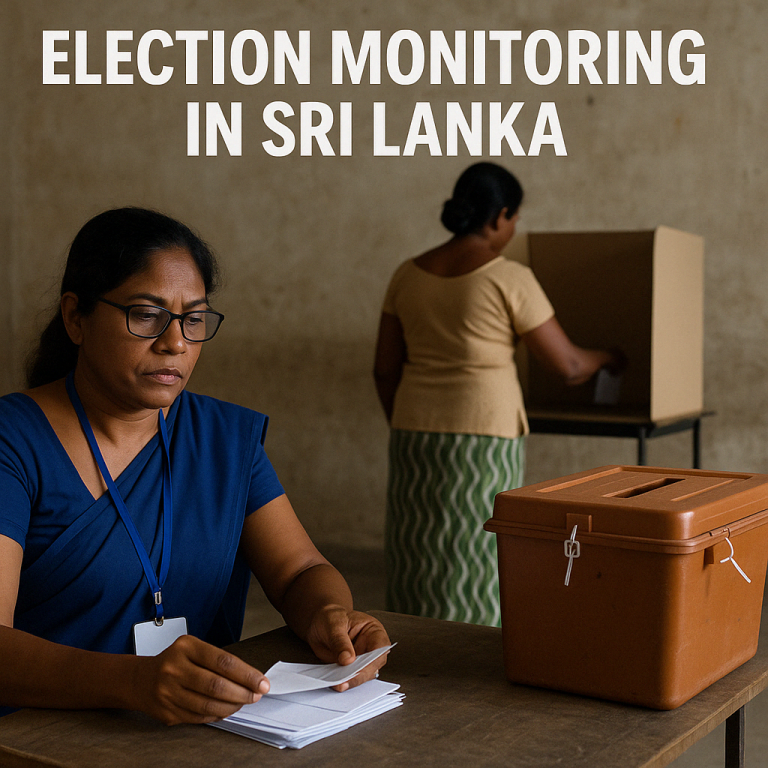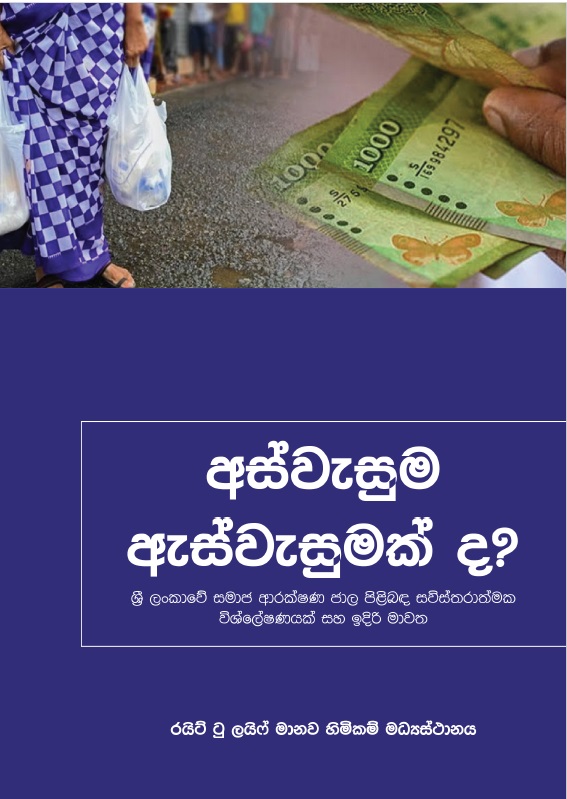On November 29, 2020, a deadly riot at Mahara Prison claimed the lives of 11 inmates, with over 100 others injured, including prison officers. The most shocking aspect of this tragedy is that nine of the deceased were confirmed to be COVID-19 patients. These individuals, already vulnerable due to the virus, were killed during a struggle for better health conditions and rights, highlighting a gross failure in protecting those in need.
Mahara Prison, originally designed to house 670 prisoners, was overcrowded with around 3,000 inmates at the time. According to authorities like Jagath Weerasinghe, it is a facility for repeat offenders, with a remand section handling cases from about 10 courts. Overcrowding in Sri Lankan prisons, with 30,000 prisoners in spaces meant for 12,000, had created dangerous conditions even before the pandemic struck.
When COVID-19 spread within these cramped conditions, maintaining any semblance of social distancing became impossible. The virus spread rapidly, and the prisoners’ protest for their right to basic health care and protection was the backdrop of the tragic incident. It is evident to anyone that in such an environment, both the prison population and society at large are at risk. Yet, the government’s response seemed disconnected from the gravity of the situation.
The deaths of nine COVID-19 patients are particularly troubling because they reflect not only the negligence of authorities but also a denial of justice and fairness for those who were already battling illness. Their demands for better protection were justified, and their deaths raise serious concerns about the treatment of prisoners, especially during a pandemic.
Despite this, the Attorney General withdrew the case involving these deaths, stating that the officers had acted legally. Investigations concluded that the Special Task Force and prison officers did not exceed their authority, leading to the release of those involved. However, a three-year inquest determined that all 11 deaths were homicides. The Magistrate called for the arrest of the prison officials involved, but the justice system remains at a crossroads.
The deaths of these nine COVID-19 patients cannot be overlooked, and justice is owed to them. Their struggle for rights and better conditions was a fair one, and their lives deserve recognition, not dismissal. This incident calls for urgent reforms in Sri Lanka’s overcrowded prisons and a commitment to upholding the basic human rights of all individuals.

